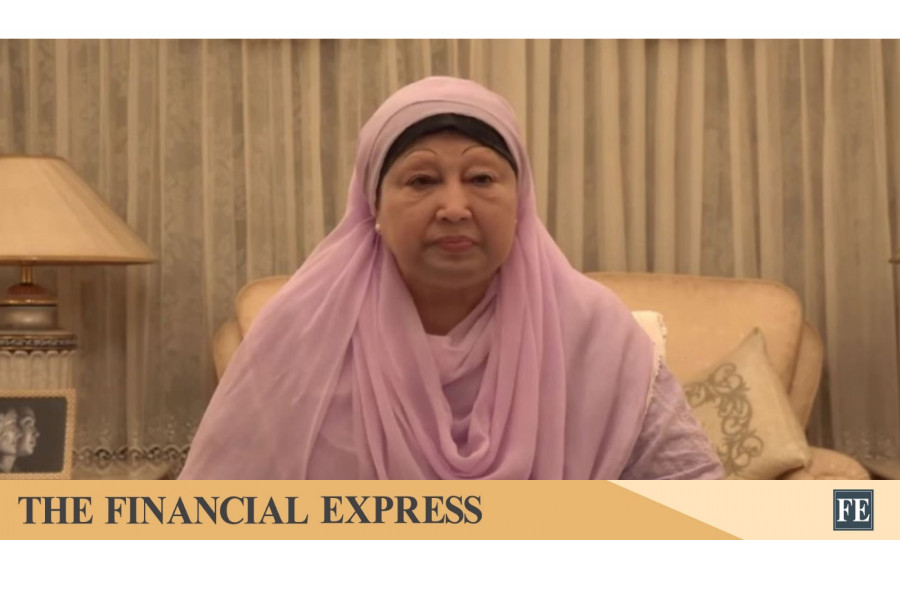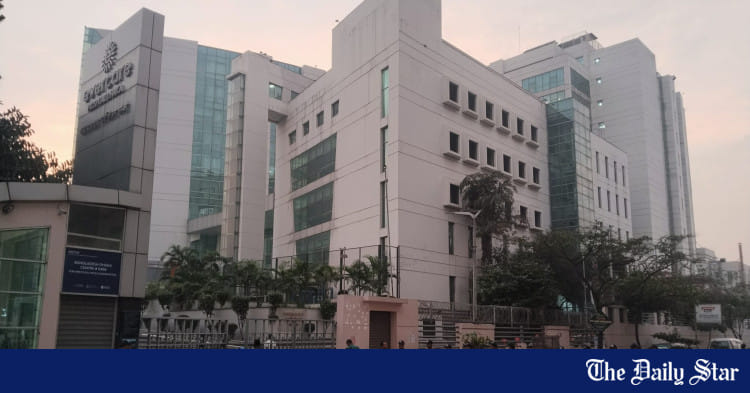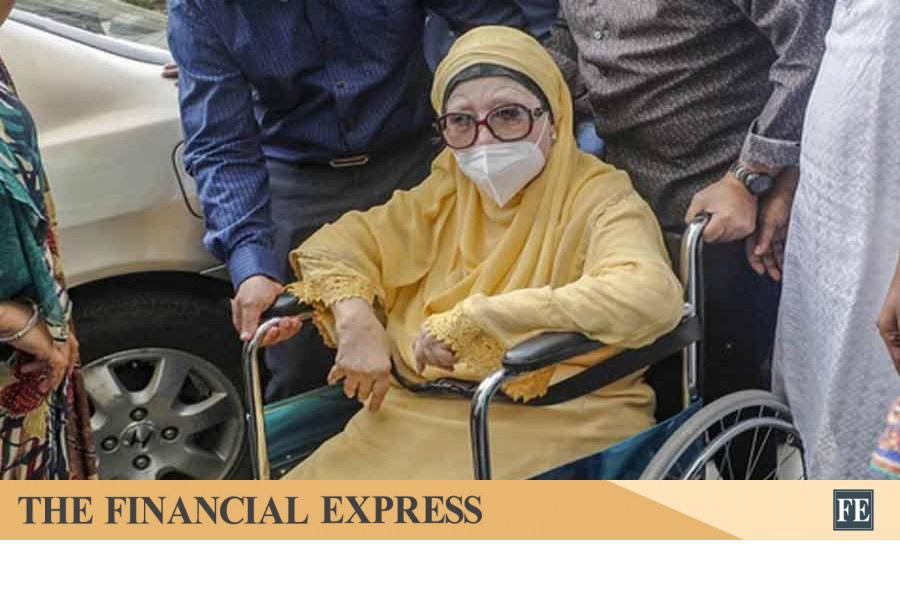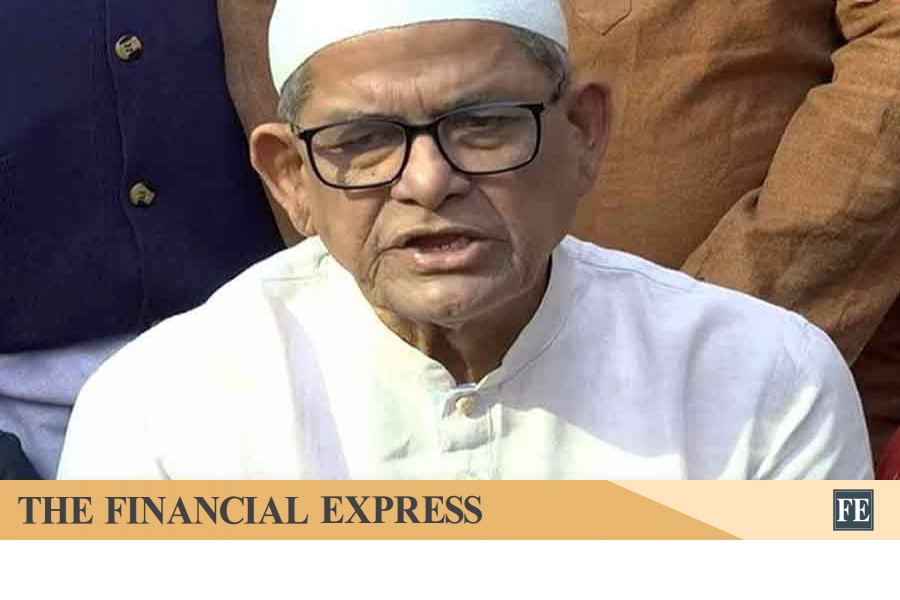Saif
Senior Member
- Joined
- Jan 24, 2024
- Messages
- 16,117
- Likes
- 8,060
- Nation

- Axis Group

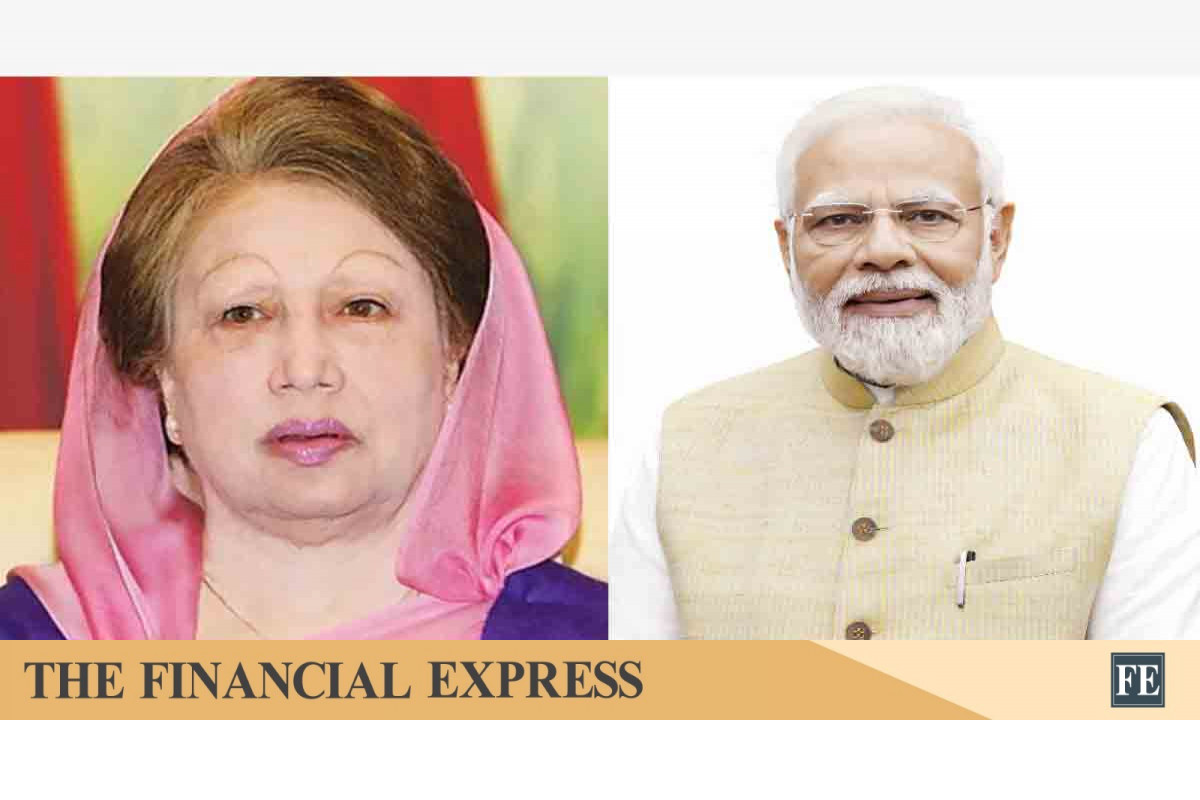
Modi expresses concern over Khaleda's health, offers support
Expressing deep concern over BNP Chairperson Begum Khaleda Zia's health condition, Indian Prime Minister Narendra Modi on Monday said India stands ready to extend all possible support in whatever way they can. "Deeply concerned to learn about the health of Begum Khaleda Zia, who has contributed to
Modi expresses concern over Khaleda's health, offers support
UNB
Published :
Dec 01, 2025 22:58
Updated :
Dec 01, 2025 23:07

Expressing deep concern over BNP Chairperson Begum Khaleda Zia's health condition, Indian Prime Minister Narendra Modi on Monday said India stands ready to extend all possible support in whatever way they can.
"Deeply concerned to learn about the health of Begum Khaleda Zia, who has contributed to Bangladesh’s public life for many years," Modi said in a message through his verified X.
"Our sincere prayers and best wishes for her speedy recovery," he added.
The former Prime Minister remains in a critical state as her health deteriorated on Sunday night (November 30).
Since her admission to Evercare Hospital on November 23, Khaleda Zia has been under intensive treatment in the hospital’s Coronary Care Unit (CCU) for multiple complications affecting her liver, kidneys and heart.
On Sunday night, her condition worsened and she was placed on ventilator support.
UNB
Published :
Dec 01, 2025 22:58
Updated :
Dec 01, 2025 23:07
Expressing deep concern over BNP Chairperson Begum Khaleda Zia's health condition, Indian Prime Minister Narendra Modi on Monday said India stands ready to extend all possible support in whatever way they can.
"Deeply concerned to learn about the health of Begum Khaleda Zia, who has contributed to Bangladesh’s public life for many years," Modi said in a message through his verified X.
"Our sincere prayers and best wishes for her speedy recovery," he added.
The former Prime Minister remains in a critical state as her health deteriorated on Sunday night (November 30).
Since her admission to Evercare Hospital on November 23, Khaleda Zia has been under intensive treatment in the hospital’s Coronary Care Unit (CCU) for multiple complications affecting her liver, kidneys and heart.
On Sunday night, her condition worsened and she was placed on ventilator support.

